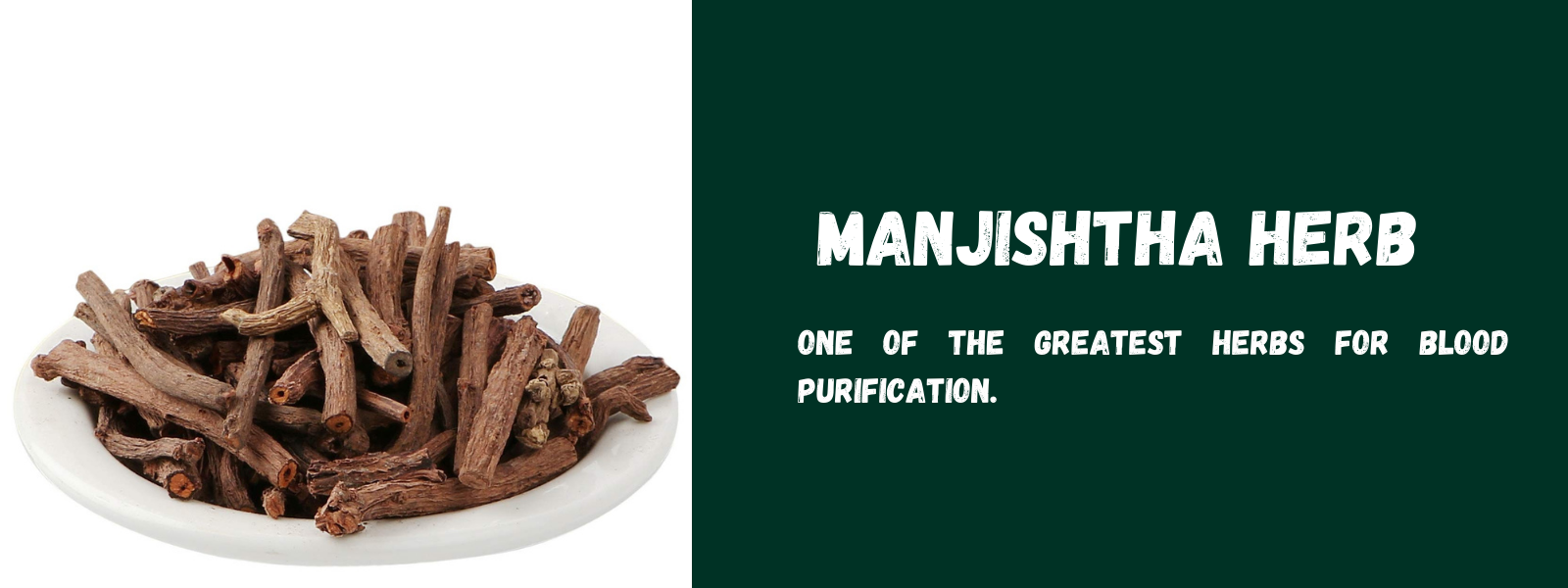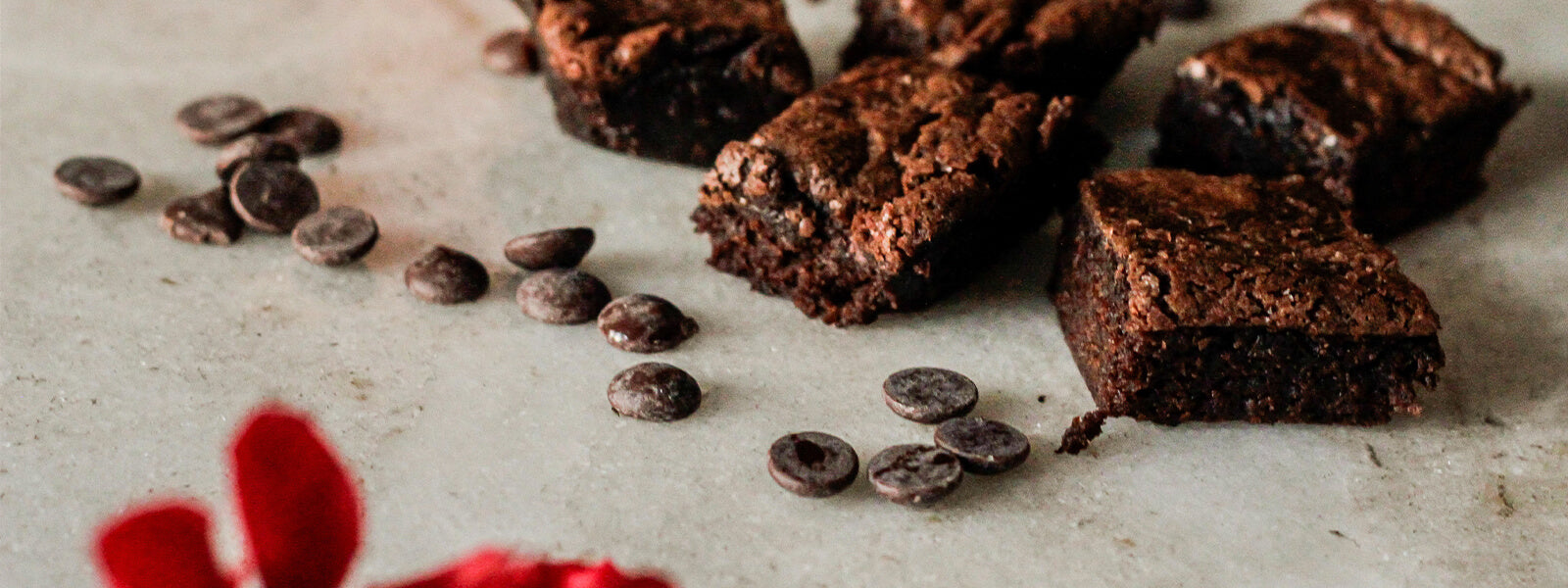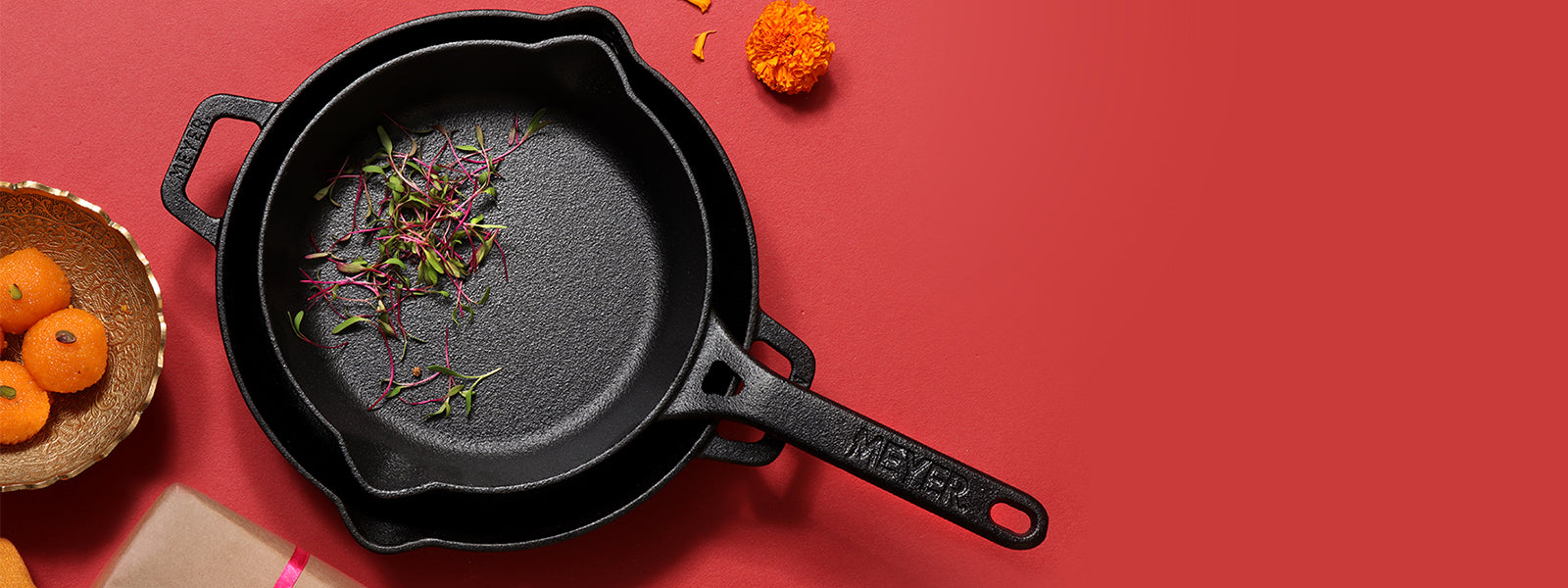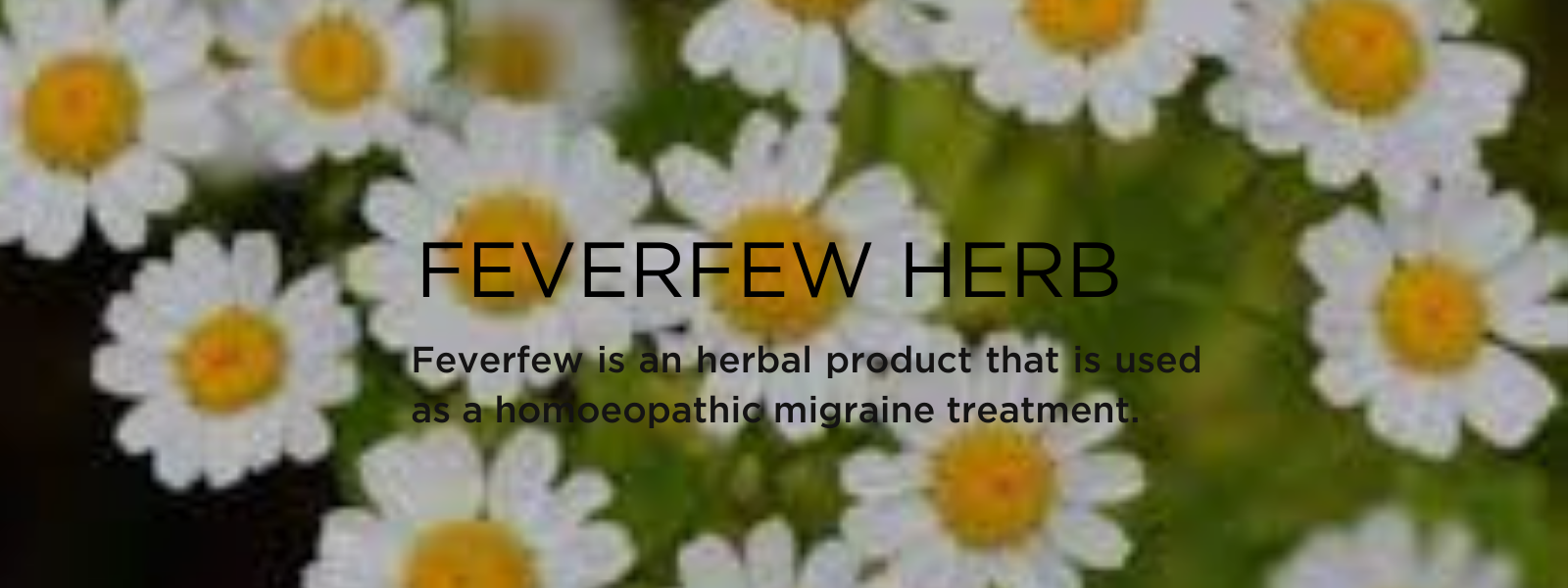Vervain officinalis is a perennial herb that is indigenous to Europe and Asia. It is also referred to as verbena, Vervain, and herb of the cross.
The plant has lobed, serrated leaves and silky, pale-purple blooms; it is a member of the Verbenaceae family. Due to the numerous advantageous chemicals it contains, it is utilised as a herbal treatment all over the world.
Table of Contents
Vervain was employed by herbalists to aid digestion because of its bitter flavour. Vervain was also used to treat a variety of female reproductive system issues when they were linked to melancholy or anxiety, as well as to treat people with depression and spastic pains in the gastrointestinal tract. It was also used as a mild diaphoretic (to cause sweating and promote mild fevers).
About Verbena officinalis:
The Verbena (Verbenacea) family includes the blooming plant known as vervain. Verbena Officinalis is its scientific name.
Common verbena, wild verbena, simpler's delight, holy herb, mosquito plant, wild hyssop, blue vervain, juno's tears, pigeon's grass, pigeon weed, herb of the cross, and Indian hyssop are other names for vervain. There are numerous additional plants in the Verbena family, in addition to vervain and lemon verbena. Vervain is not the only medicinal plant that is utilised in this manner. Two further varieties of vervain that are utilised in medicine are blue vervain (Verbena hastata) and white vervain (Verbena urticifolia.)
Verbena Officinalis develops new leaves each year. On short branches, it has tiny pale lilac blooms with five petals. While some have light blue or purple blossoms, other vervain flowers have pink or white flowers. Vervain flowers are attractive, however they have a bad smell.
Although the origins of vervain are unclear, it is believed to have originated in southern Europe or the Mediterranean region. Since that time, vervain has spread to other continents, including North America. In most soils, vervain grows spontaneously. The majority of species will reach heights of 12 to 36 inches. Vervain maintains a modest, slow growth rate. From the middle of July to the start of fall, it blooms.
Traditional use of Verbena officinalis:
The sacred magical herb of vervain has a lengthy history and is a well-known figure in Celtic, Northern European, and Roman legend.
The Greeks, Romans, and Egyptians all employed verbena, which is Latin for "altar plant," as an altar herb. Roman troops carried sprigs of vervain as a form of protection, and it was burned in temples and spread on altars.
Vervain was employed by Anglo-Saxons in mediaeval times to ward off evil spirits, snakebites, and the plague.
The ancient Egyptians held the view that vervain was made from the tears shed by Isis, the goddess of magic and healing, as she mourned for her slain husband Osiris.
Vervain had ties to Jesus' crucifixion as well. This herb is said to have been applied to Christ's wounds in order to halt the bleeding.
It was the "official" plant of English apothecaries by the 16th century. They treated at least 30 diseases using it.
Health benefits of Verbena officinalis:
- Stress Reduction
Blue vervain is frequently used as a nervine for those of us who worry too much and as a remedy for sadness. The root is also consumed, and the aerial parts are picked and dried when they are in flower.
But that is only the beginning of this plant's benefits. It can be used for all the usual astringent purposes, including worm removal and as a component of herbal remedies for epilepsy.
- Anti-inflammatory and Analgesic
Blue vervain has similar anti-inflammatory, anti-fever, and pain-relieving effects to aspirin. As a mild astringent, this herb has also been used as a mouthwash for painful, swollen, and bleeding gums, as an eyewash for weary, inflamed eyes, and to treat asthma, coughs, and irritable bowel syndrome (IBS). It is beneficial for IBS and improves constipation due to its astringency and antispasmodic qualities. Furthermore, it improves liver and kidney function.
- Balancing Hormones
Vervain is helpful for regulating temperature and boosting perspiration, which is beneficial when one is sick. It offers advantages that raise one's mood, making it an excellent pick-me-up while recovering from illness. Vervain normalises thyroid function and hormone balance. It is used as a tincture to reduce menopausal hot flashes and to treat menstruation problems such as hormonal headaches.
- Increase Milk Production
Verbenin, a galactagogue found in vervain, stimulates nursing women' milk production.
How to use Verbena officinalis?
Vervain can be consumed as a tincture in addition to its common use as a tea. In order to brew your own herbal tea, you can purchase the dried aerial parts (leaves and flowers) of vervain if it doesn't grow in your area.










Leave a comment